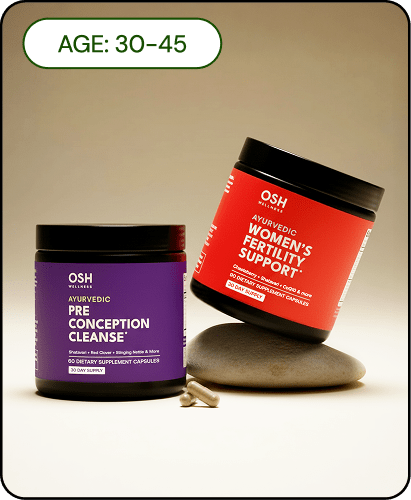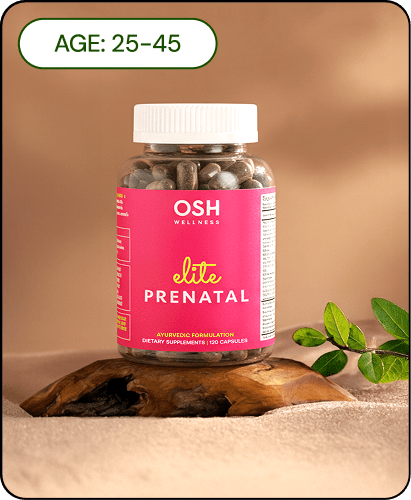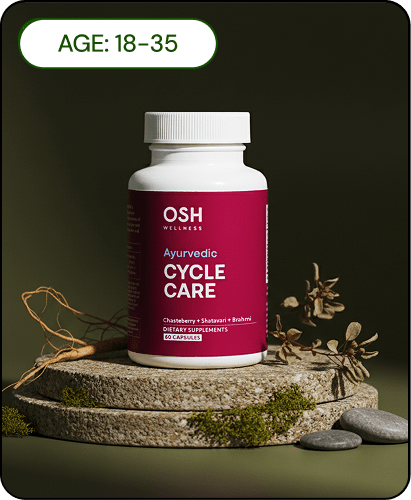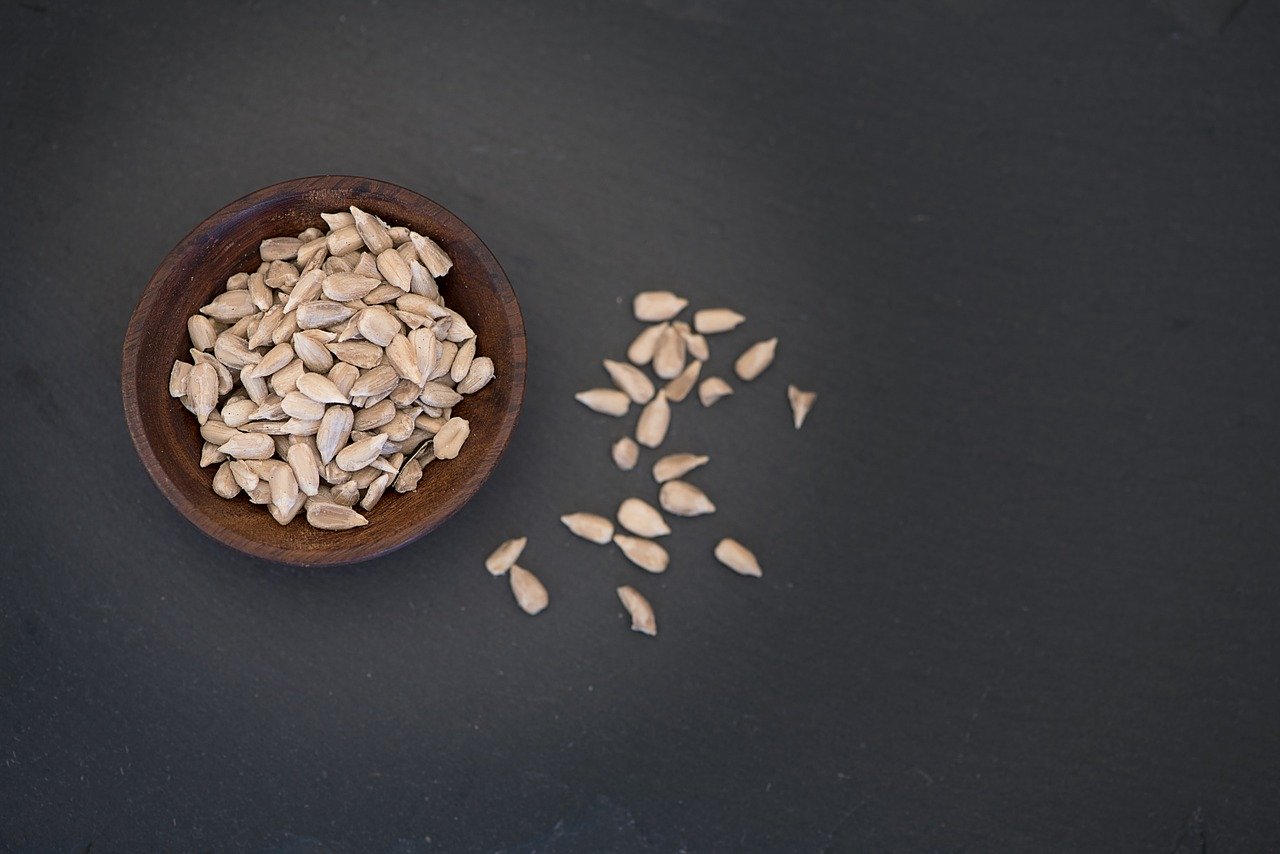They say dreaming of sunflowers represents prosperity and longevity. It also signifies that the dreamer is on the right life path. Apart from having poetic semiotic significance in our dreamscapes, the sunflower has also proven to be an irreplaceable treasure from nature for humankind since time immemorial.
The wild sunflower is native to North America. The plant has graced human bodies for thousands of years - sunflower seeds used as nutritional snack, extracted oil & flour used to make bread or cakes, sunflower-meal & sprout mixed with veggies and other foods for scrumptious dishes.
Nutritional Powerhouse
Good things come in small packages. Seeds are a nutritional boon! They are the very beginning of life for every plant on earth. They provide a concentrated source of all the nutrients found in the mature plant as well as the nutrients needed to grow the tiny seed into a beautiful blooming plant. Sunflower seeds, especially, are a rich source of healthy unsaturated fats, fiber, protein, vitamins (especially Vit E), selenium, copper, zinc, folate, iron amongst other essentials for the human body[1].

Ayurveda’s Favorite Superfood
Sunflower seeds with their rich nutritional content are believed to neutralizes free radicals, help in blood pressure management, relieve headaches, promote healthy teeth and bones, control cell damage (due to presence of precious selenium), reduce inflammation, help cholesterol management, and aid detoxification.
In addition to their known nutritional gifts, Ayurveda experts endorse sunflower seeds for their ‘grounding’ properties as well, helping alleviate stress, contributing to mental calm, and inducing better sleep naturally.
Vata is one of the three doshas in Ayurveda – energetic forces of nature that compose the universe and everything present in it (including our bodies). The Dosha of Vata corresponds with the elements of air and ether (space). Excess vata can cause the body, mind, and emotions to feel scattered like the wind. Ayurveda says that sunflower seeds (also pumpkin seeds) are excellent aids in pacifying excessive Vata in our bodies.
“The seed of the plant that bows down to the Sun, pays allegiance to your prenatal and postpartum health as well”
Expecting mothers and expected babies
Eating sunflower seeds, is greatly fruitful during pregnancy, as it provides a generous serving of iron. Besides easing morning sickness (several studies show that ample intake of Vit B6, abundant in sunflower seeds, reduces morning sickness[2]), nausea and vomiting, sunflower seeds also contain1 minerals like phosphorous, manganese, magnesium, copper, and vitamin K that aid bone development in your unborn baby, while she swims around in your beautiful body.
Your immune system, that typically gets compromised or burdened during pregnancy, is improved by these seeds as well, as they contain precious phytochemicals[1].
The daily requirement of folic acid intake increases during pregnancy. Enter Sunflower seeds – a rich sources of folate[3]. Folate contained in these seeds helps[4] in the formation of red blood cells and carries oxygen from the lungs to different parts of our bodies. Folate is essential to also prevent birth defects in baby’s brain and spinal cord.

Postpartum and breastfeeding
Like nuts, seeds are not clinically proven to have lactogenic properties, but sunflower seeds, amongst other varieties, have been used for centuries to help breastfeeding mothers due to their high vitamin, iron and mineral content1 (especially recommended in the first 6 weeks after delivery)
Side effects of Sunflower seeds
Although sunflower seeds are generally recommended to be safe to consume during pregnancy and postpartum, certain nutrients like phosphorus and selenium present in them can pose health risks if consumed in excess.
How much and how to consume
A handful of seeds per day (1 oz) is sufficient for your daily dose of super nutrition that comes from these mighty seeds.
Sunflower seeds are best stored in the refrigerator. They can be sprinkled on salads, scrambled eggs, yogurt, or mixed in with hot or cold cereals. Toss a few on your buttered toast or bake them into cookies and muffins.
Grinding a cup or two of sunflower seeds in a food processor with lemon juice and garlic creates a delicious nutty spread to boost your immune system.
Conclusion
Sunflower seeds, consumed in moderation by you, are a gift to yourself and your baby both during pregnancy and post-delivery.
References
[1] A review of phytochemistry, metabolite changes, and medicinal uses of the common sunflower seed and sprouts, National Center for Biotechnology Information, 2017
[2] 8 All-natural ways to manage morning sickness, Everyday Health
[3] Sunflower Seeds, The World Healthiest Foods, whfoods.com
[4] Folic Acid Supplementation and Pregnancy: More Than Just Neural Tube Defect Prevention, Reviews in Obstetrics & Gynecology, NCBI, 2011








